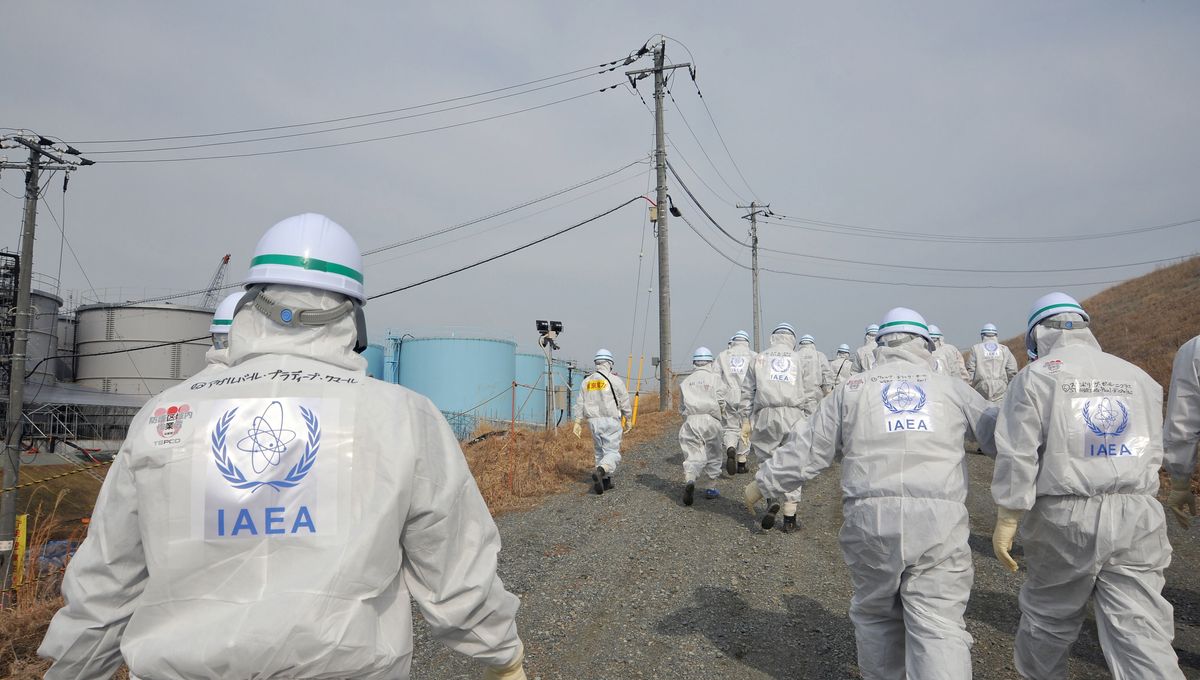
Japan has announced it will begin releasing the treated water from the Fukushima Daiichi nuclear power plant later this week. The water, which was originally contaminated after the 2011 earthquake destroyed the reactor, is scheduled for release on Thursday, August 24, 2023, and will be the first step in a phased process that has become quite contentious. So how safe is this water?
It has now been 12 years since the magnitude 9.0 earthquake struck the coast of the Japanese island of Honshu, causing over 18,000 deaths and precipitating a meltdown in the Fukushima Daiichi nuclear power plant. Since then, the reactor has been cooled and the 1.3 million tons of contaminated wastewater have been treated. This water has been kept in over 1,000 tanks but storage space is limited, and it now needs to be released as part of the ongoing decommissioning process.
The plan for the release has been drawn up by Tokyo Electric Power Company (TEPCO) and has been approved by the United Nations, the International Atomic Energy Agency (IAEA), and various independent scientists. Despite this, there are still objections from concerned fishing groups who fear it will damage their reputation. China has also expressed skepticism over the plan’s safety, with Hong Kong stating that it will “immediately activate” import controls on Japanese seafood from regions like Tokyo and Fukushima.
Greenpeace has also raised concerns about the risks posed by some of the radioactive elements that remain in the water, especially tritium, carbon-14, strontium-90, and iodine-129. South Korea has taken a more cautious position, where it agrees with the scientific and technical aspects of the plan but does not “necessarily” support it.
Is the Fukushima water safe for humans?
So what is the problem? Well, the main concern is that the treated water will contain harmful isotopes that pose a risk to humans and marine ecosystems. However, the treated water has been filtered and pretty much all the dangerous isotopes have been removed, except for traces of tritium. Tritium, an isotope of hydrogen, is difficult to separate from water entirely, but it has been diluted to such an extent that its levels fall well below the regulatory limits imposed by the World Health Organization (WHO). Tritium is considered to be relatively harmless to humans because its radioactivity cannot penetrate human skin.
Moreover, the Japanese government will be monitoring the water as it is released and has assured the world that they will cease its discharge if they detect any unusually high concentrations of radioactive material.
Could you drink the Fukushima water?
In short, the filtration process has removed or diluted the radioactive isotopes to such an extent that the water would be considered safe for drinking. But why would anyone want to drink it? It’s seawater – you’re more likely to be killed by the salt content than the remnants of contamination.
Source Link: Would It Be Safe To Drink The Fukushima Release Water?